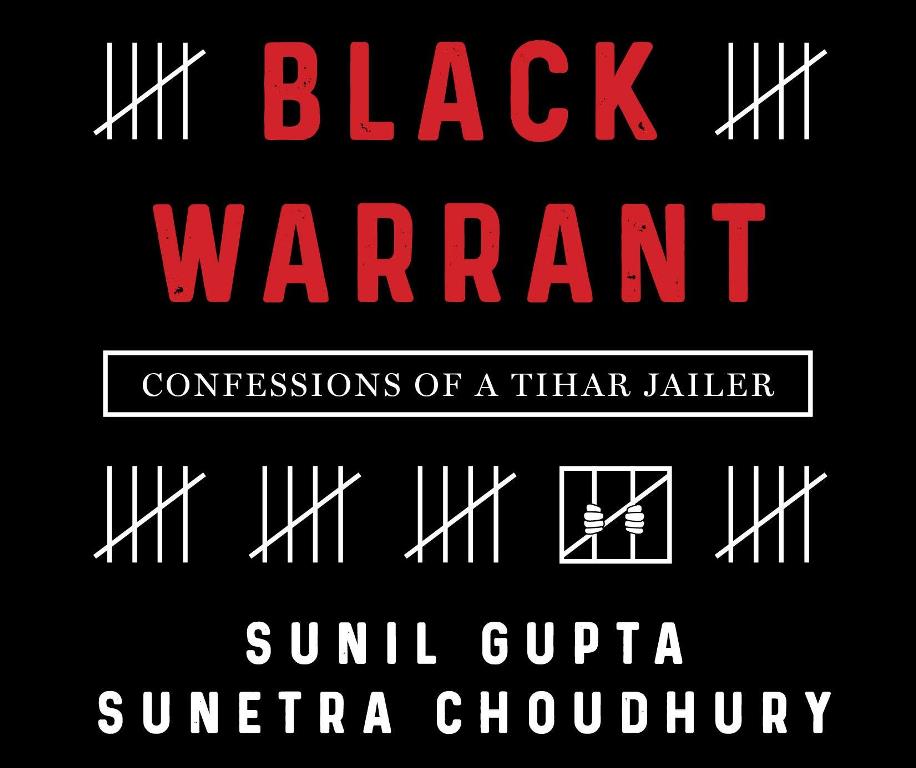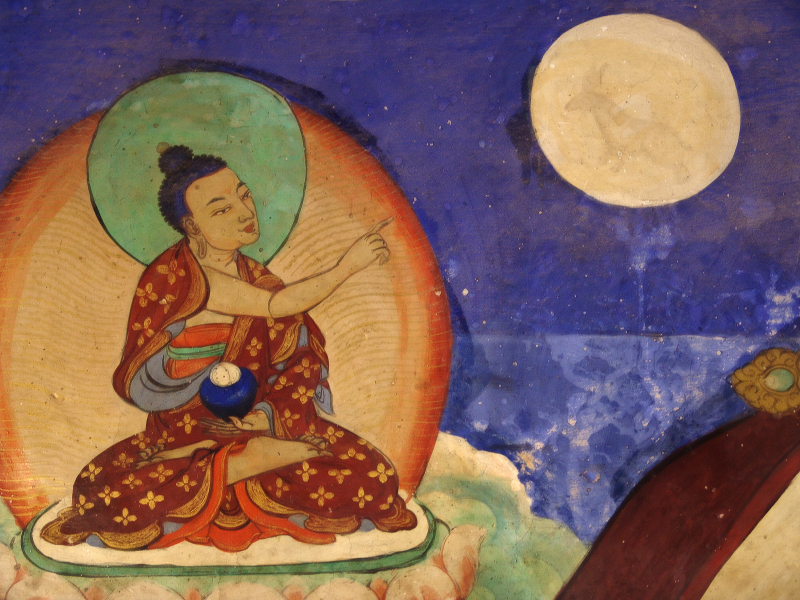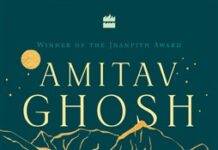I was intrigued to read this book after having a short glance on its excerpt either on a digital platform or in a newspaper, this I bleakly remember! However, what I did know from then was that I must get a copy of it. My urge to read grew stronger when finally, the hanging of the Nirbhaya convicts was commenced. Honestly, this is the first time I picked up a book from crime genre, but I was eager to give in.
The book Black Warrant: Confessions of a Tihar Jailer, is a personal account of Tihar Jailer Sunil Gupta, who served the position of Assistant Superintendent of Prison (ASP) and Legal officer of Prison from 1981 to 2016. He joined Tihar after leaving his stable job at the northern railway in search of excitement and adventure. Which was certainly lacking for the Hindu College graduate during his term at the railways. Nonetheless, a job which he joined with acute excitement and vigor, he regretted being in during his days of post-retirement. He mentions the cause for such an ordeal, as he states that it was the unjust treatment even after being served at a crucial position with honesty and diligence, made him feel undervalued. Albeit he did receive his due share life one way or the other.
Black warrant as the name suggest is the story of death penalties that were executed during Gupta’s tenure. Just for knowledge, Gupta describes “Black Warrant as an order issued as soon as an inmate’s mercy petition is rejected and is literally the message of death- indicating the time and date of when the hanging will be executed”.
Sunil Gupta through this book becomes the point of communication between the reader and the prisoners awaiting their execution. Starting from Maqbool Butt, Billa and Ranga, Indira Gandhi’s Assassins, Afzal Guru and the convicts of Nirbhaya, he was a witness to all these executions. He elaborately narrates his experience with all these prisoners, their time and last words before they were hanged.
Along with their stories, Gupta also introduces the reader to the otherwise dark and walled boundaries of Tihar jail. His narration about the jail burst’s the bubble of the reader’s imagination, as Tihar is nothing like what we see in movies, dark, clumsy, secluded, of course, neither is it a retreat. As Gupta enlightens the reader about the contradiction by sharing his experience of the first day of joining Tihar (Choudhury, Gupta: 2019):
“Sitting there sipping the jaljeera, I witnessed the strangest things unfolding around me. While my host was plying me with pleasant refreshments, right in front of us, prisoners were being beaten. I learnt quickly that no rules applied in the chakkar. It was one place where there were no CCTV cameras and would therefore serve as the place to beat those who were seen to be errant or needed to be taught a lesson. While I could not help but stare at the beatings, no one else seemed perturbed. Men who appeared to be potentially dangerous inmates were wandering everywhere and frankly, I was scared. It was as if no one was in control and if the system was working it was all Ram Bharose. These dangerous inmates, instead of being locked up, also seemed to play the role of being ‘bouncer’ for jailers. The jailers sat cowering in their rooms, and these prisoners stood guard outside. I learnt later that this wasn’t just an ornamental tactic. There was real fear of officials being beaten up by inmates if they got really unruly, so guarding them was necessary.”
He also provides valuable insights like how custodial deaths have been a serious dent on prison system in India as he discusses the case of Rajan Pillai, who died because of sheer medical negligence inside Tihar. Such narratives have made his experience rich and crucial as he was an observer to all that was wrong be it the system, the judiciary, the criminal or the jail.
Discrimination by default persists in the society irrespective of all the efforts made and all the voices raised. It exists in every space, in various forms with different color. Tihar jail is no exception when it comes to discrimination, what sort of discrimination one might ponder, it is of the similar kind, the rich and the poor, between the have and the have nots. These lines from the book will help in understanding it much better (Choudhury, Gupta: 2019):
“Jail rules are not universal. While the rich and powerful have satellite and cell phones, the poor have to love with lack of medication and clean water. Soft mattresses for the privileged, but lack of sleeping space for others. No utensils for regular inmates, while cooking meals is the norm for some.”
Not all rich are the same, as he mentions stories of transformation like that of Sanjeev Nanda and Manu Sharma, whom Gupta has seen evolve with each passing day inside the jail, being grounded despite their glorious background.
Similarly, each narrative of the prisoners being black warranted have a story, which is in contradiction of the crime they were accused of. Sunil Gupta must have been the Jailer, whose position is essentially stereotyped as masculine and ignorant, but he has approached each one of them (prisoners) with a sensitive heart to understand them and their perspective. The fact that he cried and sobbed after the hanging of Afzal Guru and he still remembered the song they sang together, “apney liye jiye toh kya jiye, tu ji ae dil zamane ke liye (Badal, 1960)”, speaks it all. His apprehension that Ram Singh did not commit suicide because of his sheer physical incapacity approves of his unbiased nature while writing the book. For him, Maqbul Butt the political prisoner was a wise man who invested his time in reading and the assassins of Indira Gandhi were men who raised the slogans of ‘Jo Bole so Nihaal’ (Jo Bole– Whoever so speaks, so Nihaal– shall attain fulfilment), on death bed.
Behind the crime and criminal, hidden are stories of why a certain thing happened, what made a criminal a criminal, is his crime too big or small, does he/she have a human side, did the situation compel him/her to commit the crime or it was he born to be a criminal, whether he/she is a criminal in the eyes of law or a martyr of the people and the likes. These are few of the many questions which Gupta has tried answering in the book.
BOOK – Black Warrant: Confessions of a Tihar Jailer By Sunetra Choudhury and Sunil Gupta
Priyanka Yadav is a Research Scholar at Jawaharlal Nehru University/New Delhi.














